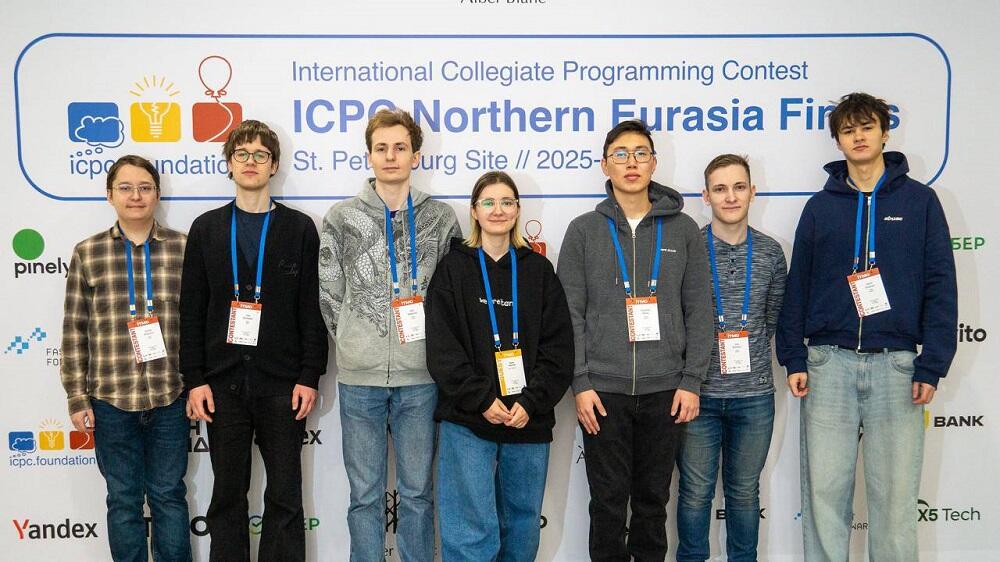A fundamentally new refrigerator has been developed by researchers from the National University of Science and Technology MISIS and Tver State University — it is based on a solid-state magnetic system that gives
One of the main objects of our apartments — the refrigerator — consumes up to
The scientific team of physicists and engineers of the NUST MISIS Department for Functional Nanosystems & High-Temperature Materials and Tver State University solved the problem of efficient cold generation by proposing a new cooling system — a magnetic one. In a conventional refrigerator, cooling occurs due to the sudden evaporation of freon (or other refrigerants), which passes into a gaseous state. A different principle works in the invention of young Russian scientists — the so-called magnetocaloric effect. In simple terms, it means the change of the magnetic material temperature during its magnetization or demagnetization.
Technically, it looks quite simple — the metal bar is introduced into the magnetic field and heats up, and when taken out of the field — cools down. However, this must be done quickly and cyclically so that the temperature difference was maintained. A team of scientists designed a device prototype, which is small in size, but capable of cooling an entire refrigerator.
“Since the density of the metal alloy is much greater than that of the gas, the stored entropy value (measure of disorder), and therefore its cooling capacity, is greater,” explains one of the project developers, senior researcher at the NUST MISIS Department for Functional Nanosystems & High Temperature Materials Dmitriy Karpenkov, “this explains the
“While small in sizes these devices can provide the maximum span between the temperatures of hot and cold heat exchangers — 9 degrees Celsius. The main difference of the developed prototype from all predecessors is that the working bodies simultaneously perform as the refrigerant and the pressure pump. This technical solution excludes the pumps, which are an additional thermal load for the refrigerator, from the scheme.”

